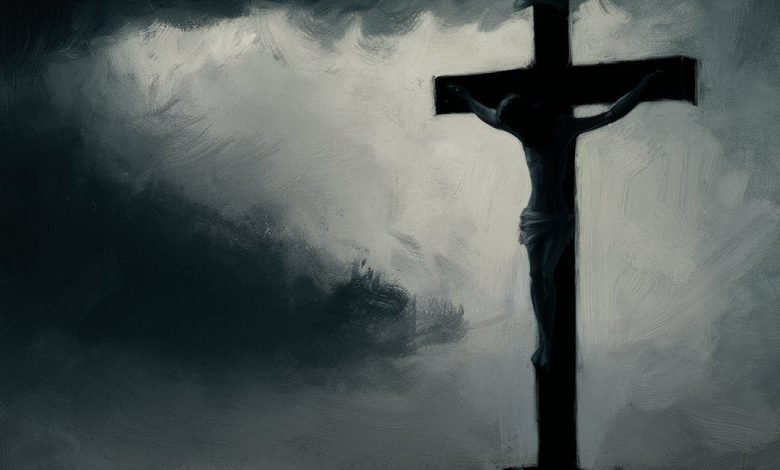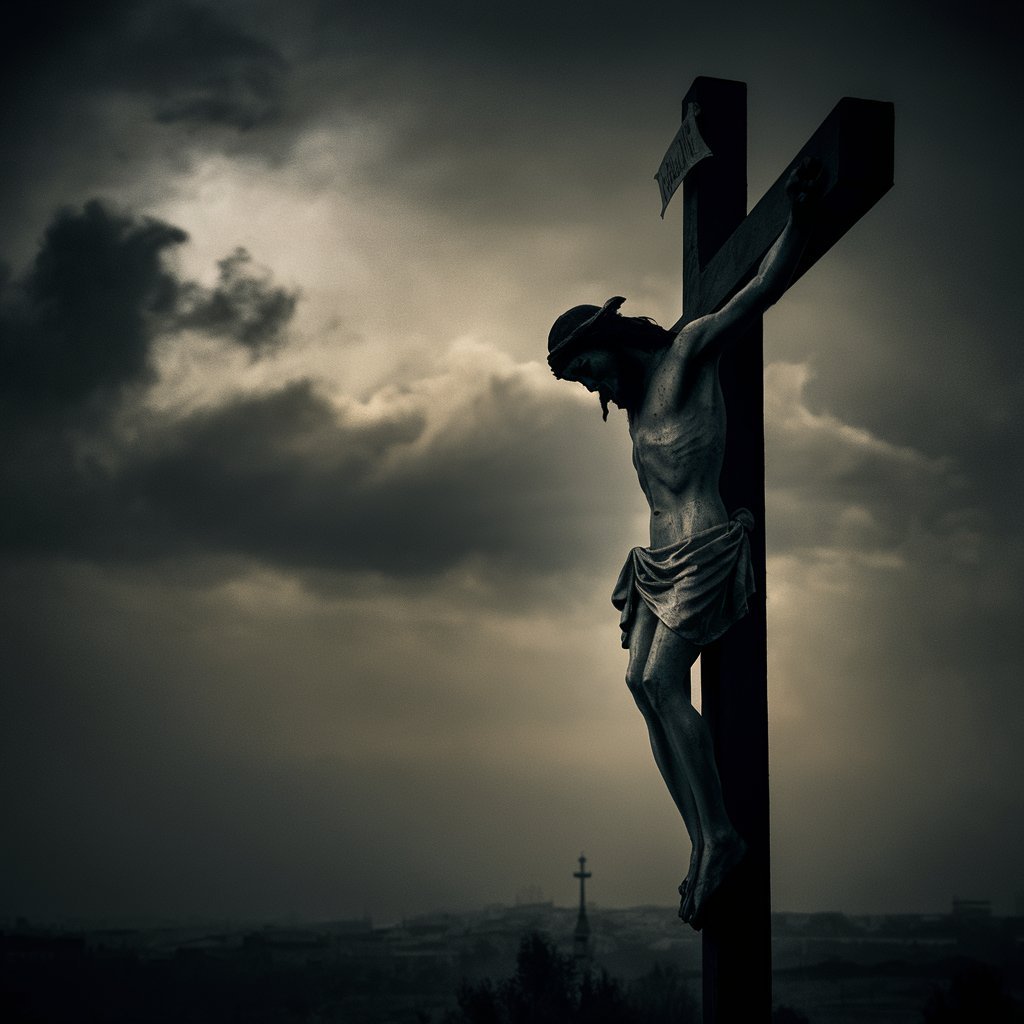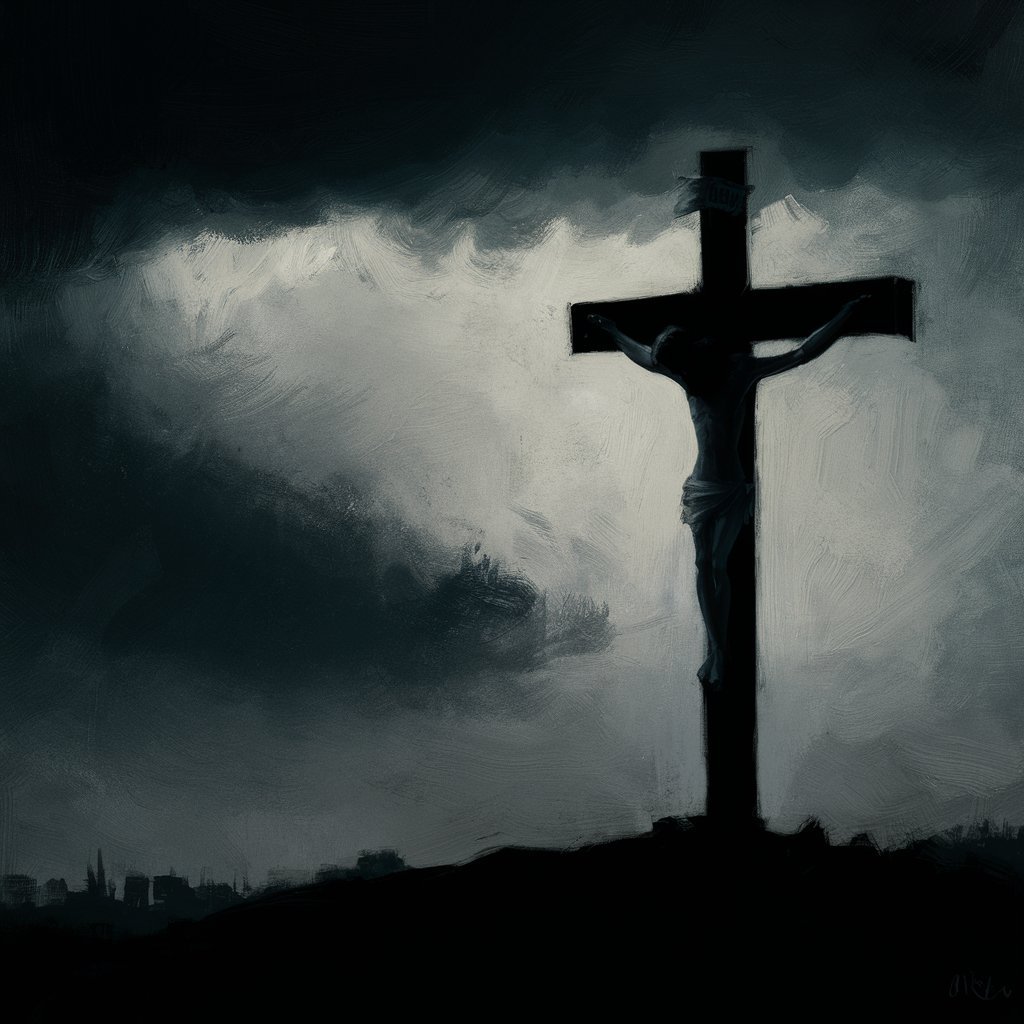
How did Jesus Christ die And who is to blame?
How did Jesus Christ die? And who is to blame? “No one takes it from me, but I lay it down of my own accord. I have authority to lay it down and authority to take it up again. This command I received from my Father” (John 10:18). Only the love of God is responsible for the death and resurrection of Jesus Christ, so that we may be saved!
Jesus of Nazareth, also known as the Christ, was crucified. According to research, his death occurred on Friday, April 3, 33 AD, during the Roman occupation and oppression of Israel. Before his death, Jesus had twelve men as disciples who traveled throughout the country preaching and teaching about the kingdom of God.
And you know that God anointed Jesus of Nazareth (Jesus Christ) with the Holy Spirit and power. Then Jesus Christ went around doing good and healing all who were under the power of the devil, because God was with him.
Jesus Christ was busy doing good deeds, so why was he crucified, and who is responsible for his death?
Read more : Who is Jesus Christ and what does the Bible say about him?
فرست محتوا
Some blame Judas for the death of Jesus Christ.
Judas Iscariot has long been blamed for the death of Jesus Christ. We know from the Bible that he sought to betray Jesus. It was Judas who led the soldiers to arrest Jesus and betrayed him with a kiss.
Then one of the Twelve—the one called Judas Iscariot—went to the chief priests and asked, “What are you willing to give me if I deliver him over to you?” So they counted out for him thirty pieces of silver. From then on Judas watched for an opportunity to hand him over. (Matthew 26:14-16)
While he was still speaking, Judas, one of the Twelve, arrived. With him was a large crowd armed with swords and clubs, sent from the chief priests and the elders of the people. Now the betrayer had arranged a signal with them: “The one I kiss is the man; arrest him.” Going at once to Jesus, Judas said, “Greetings, Rabbi!” and kissed him. Jesus replied, “Do what you came for, friend.” Then the men stepped forward, seized Jesus, and arrested him. (Matthew 26:47-50)
So, Judas may have been responsible for the arrest of Jesus, but not for his death.
Some blame the Jews for the death of Jesus Christ.
Many Jews have been persecuted and even killed because some people called them “Christ-killers.” What made people believe that an entire group of people was responsible for the death of Jesus? Perhaps this idea comes from Matthew 27:1-2, 20, 22-25:
Pilate asked, “What shall I do, then, with Jesus who is called the Messiah?” They all answered, “Crucify him!” “Why? What crime has he committed?” asked Pilate. But they shouted all the louder, “Crucify him!”
When Pilate saw that he was getting nowhere, but that instead an uproar was starting, he took water and washed his hands in front of the crowd. “I am innocent of this man’s blood,” he said. “It is your responsibility!” All the people answered, “His blood is on us and on our children!”
Or perhaps it comes from the indifference Paul referred to in 1 Thessalonians 2:14-15:
For you, brothers and sisters, became imitators of God’s churches in Judea, which are in Christ Jesus: You suffered from your own people the same things those churches suffered from the Jews who killed the Lord Jesus and the prophets and also drove us out. They displease God and are hostile to everyone.
Many Jewish people were involved in what led to the death of Jesus Christ. But many does not equal all.
The disciples were Jews, and 11 of them had no part in it. Mary and the other women who followed Jesus were Jews, and they had no part in it. And then there is Joseph of Arimathea, who was one of the Jewish religious leaders who did not agree with the death of Jesus.
So, the Jews are not responsible or to blame for the death of Jesus.
Some blame the religious leaders.
It is true that the religious leaders felt threatened by Jesus. This was because they had power over their people and privileges granted by the Roman government.
If people followed Jesus, they would lose their power over them. If they lost their power over the people, they would lose their privileges from the government.
They had clear motives, even if murder was against the law of Moses.
The chief priests and the whole Sanhedrin were looking for false evidence against Jesus so that they could put him to death. (Matthew 26:59) Now the Passover and the Festival of Unleavened Bread were only two days away, and the chief priests and the teachers of the law were scheming to arrest Jesus secretly and kill him. (Mark 14:1) Then the high priest tore his clothes and said, “He has spoken blasphemy! Why do we need any more witnesses? Look, now you have heard the blasphemy. What do you think?” “He is worthy of death,” they answered. (Matthew 26:65-66)
Early in the morning, all the chief priests and the elders of the people made their plans how to have Jesus executed. So they bound him, led him away, and handed him over to Pilate the governor. (Matthew 27:1-2) But the chief priests and the elders persuaded the crowd to ask for Barabbas and to have Jesus executed. (Matthew 27:20)
Some religious leaders tried to kill Jesus, but not all of them. Remember Joseph of Arimathea. Many religious leaders had a role, but they are not responsible for the death of Jesus.
Some blame Caiaphas.
Since we cannot blame the whole group of religious leaders, some look to their leader—Caiaphas, the high priest. Those who had arrested Jesus took him to Caiaphas the high priest, where the teachers of the law and the elders had assembled. (Matthew 26:57) Caiaphas was not only a religious leader but also had authority over civil laws. However, his power was only allowed by the Romans who ruled over him. Because of this oversight, Caiaphas had no power to kill Jesus and had to take him to the Roman governor. Due to Roman oversight, Caiaphas was not responsible for the death of Jesus.
Some blame the Romans.
Some logically blame the Romans for the death of Jesus Christ because he was crucified, a method imposed by the Roman government. Pilate said, “Take him yourselves and judge him by your own law.” “But we have no right to execute anyone,” they objected. This took place to fulfill what Jesus had said about the kind of death he was going to die. (John 18:31-32) Again, here we have the issue of blaming an entire group. The Roman government was responsible for the method of Jesus’ death, but not for his death itself.
Some blame Pilate.
Considering the power Pilate had, should he be held responsible? “Where do you come from?” he asked Jesus, but Jesus gave him no answer. “Do you refuse to speak to me?” Pilate said. “Don’t you realize I have power either to free you or to crucify you?” (John 19:9-10) Pilate ordered the crucifixion of Jesus, but he is not responsible for his death.
Who is ultimately responsible for the death of Jesus Christ?
The death of Jesus Christ was strategically planned by one person. When they came to arrest Jesus, he said, “Do you think I cannot call on my Father, and he will at once put at my disposal more than twelve legions of angels? But how then would the Scriptures be fulfilled that say it must happen in this way?” (Matthew 26:53-55).
When Pilate threatened Jesus Christ, he replied, “You would have no power over me if it were not given to you from above.” (John 19:11) Before it happened, Jesus said how he would die. “No one takes it from me, but I lay it down of my own accord. I have authority to lay it down and authority to take it up again. This command I received from my Father” (John 10:18).
When Jesus died, he did what he said he would do—he gave up his life, surrendered his spirit, and sent his spirit away (Matthew 27:50). The death of Jesus Christ was a meticulous plan crafted by God himself. None of the rulers of this age understood it, for if they had, they would not have crucified the Lord of glory. (1 Corinthians 2:8) But God demonstrates his own love for us in this: While we were still sinners, Christ died for us. (Romans 5:8) The love of God alone is responsible for the death and resurrection of Jesus so that we may be saved!







